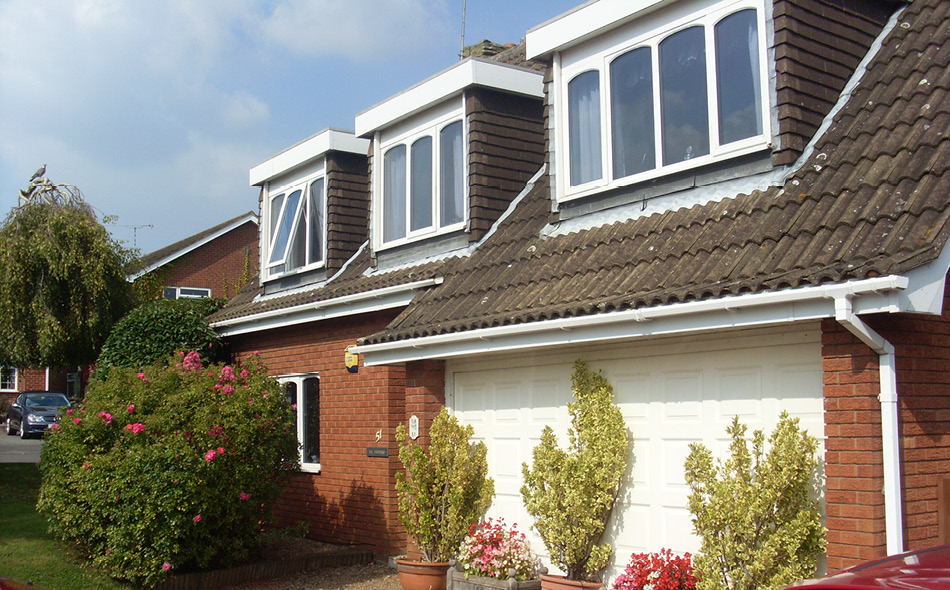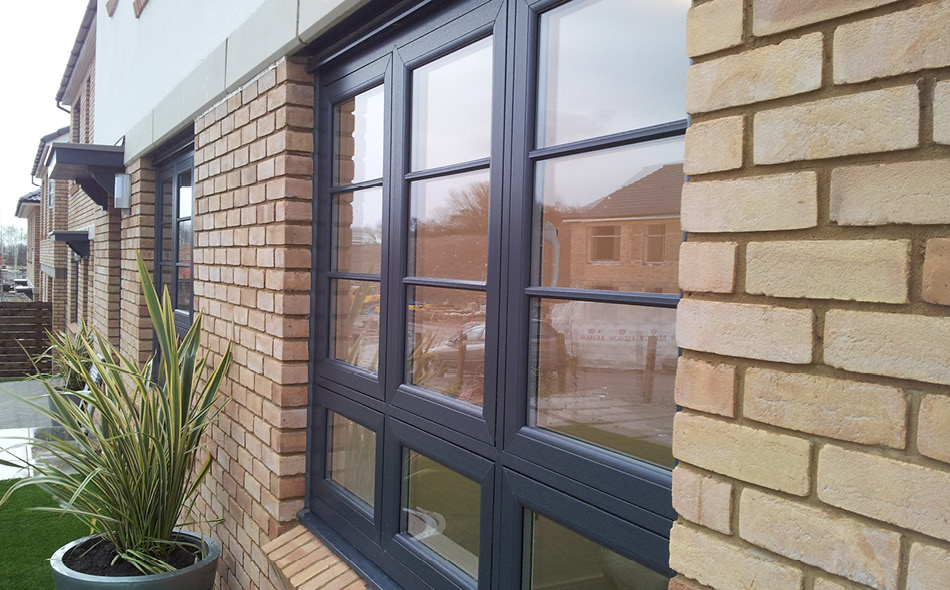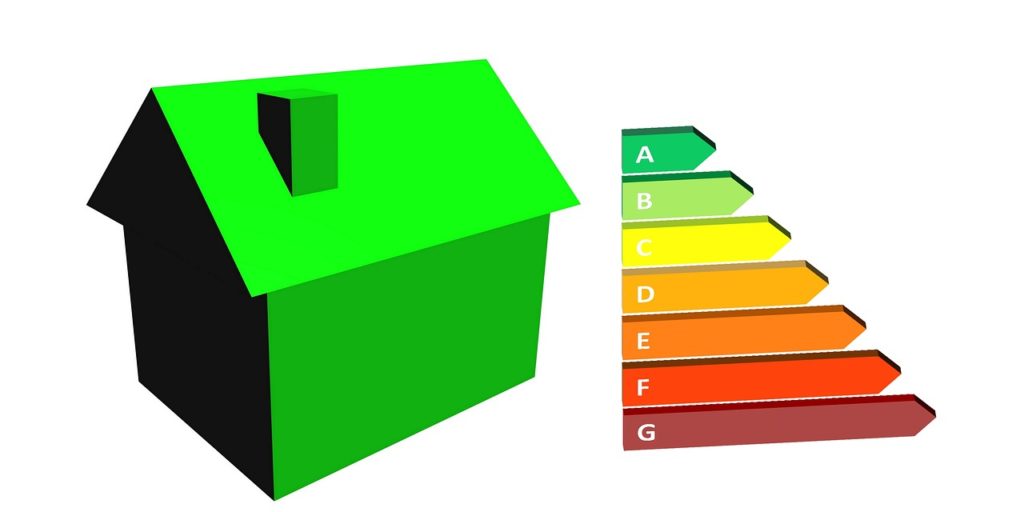uPVC vs Aluminium: Guide to choosing your windows
25 March 2021
Updated 17 August 2023
When making improvements to your home, you always want to make sure you’re making the right decisions and getting the most for your money, whether you’re on a tight budget or not. Replacing the windows in your home is one of the most crucial decisions, as they impact both the inside and outside of your home, and therefore, they need to make a good impression.
Choosing the right window frames for your home isn’t easy. There are lots of options available, from window materials, to the colours, and even the style itself. That’s before we even get into the glass options!

So what if we told you that we could make choosing your windows that little bit easier? Below, we will take a comparative look at uPVC and aluminium windows, and show you the advantages and disadvantages of each, so that you can make an informed decision when upgrading your property.
What window frame options are available?
When it comes to choosing window frames, there’s quite a few options. Some of the most common window frame materials include:
- uPVC windows
- Aluminium windows
- Timber windows
Timber windows are often fitted on more traditional homes to help maintain the aesthetic of the property, however, most homeowners will opt to have either uPVC or aluminium frames due to the customisation and maintenance benefits.
uPVC vs Aluminium
Now we have looked at the options that are available, let’s dive into uPVC vs aluminium specifically. We will take a look at some important considerations to think about when choosing your windows, so that you can see the difference between the window material options. Areas we will cover include:
- Price
- Property style
- Thermal and energy efficiency
- Maintenance
- Security
Price
Regardless of whether you’re running on a strict, tight, or flexible budget, there’s often a choice of windows available. For those on a lower budget, uPVC windows are cheaper than their aluminium frames counterparts.
Aluminium windows are commonly the most expensive option due to the raw material costs being higher, and often higher manufacturing costs as well.
But this isn’t always the case.
When choosing your windows, you’ll likely be offered several customisation options and accessories. Depending on your choices, the costs will go up or down. As an example, with a uPVC window you may have room left in your budget to upgrade to a more energy efficient glazing, or you may be able to choose a premium colour option. But on the flip side, if you would still be happy without those upgrades, you might be able to squeeze an aluminium window into your budget.
The initial upfront price isn’t the only consideration when choosing between uPVC or aluminium windows. It’s also important to consider the longevity of each material. Generally speaking, uPVC windows have a lifespan of 20-25 years, whereas aluminium windows are expected to last 45 years. Looking at it this way, it can sometimes be more cost-effective to spend a little more the first time around, so that you spend less overall in the long run.
Property style
You wouldn’t go out wearing odd socks, and the same applies to your home.
Getting new windows fitted to your home is a large undertaking, impacting both on the inside and outside of your home. It’s therefore important to consider your surroundings and the style of the rest of your property, so that you choose windows that fit discreetly into the aesthetic of the property.

More modern homes and new builds can often benefit from aluminium windows, whereas if you live in the countryside or in a cottage, uPVC windows are probably a better choice.
But when it comes to window style, it isn’t just the frame material that matters, but the style of the window frame itself. For example, a cottage would look great with sash windows.
Listed buildings or conservation areas
You may even live in a listed building or conservation area, in which case it’s important to consider what your local requirements are. Often, you have to replace the windows like-for-like. Alternatively, if you’re replacing your windows to upgrade from single glazing to double glazing, then secondary glazing may be the most ideal option, retaining the frame of your existing window.
Thermal and energy efficiency
With energy bills on the rise each year, it might be time to look at how you can reduce them and save on your home energy bills.
When it comes to thermal and energy efficiency, both uPVC windows and aluminium windows are equally efficient.

Much like a leather sofa in the morning, aluminium windows will feel cold to touch, but this isn’t a sign of them not being as efficient, that’s just a property of the material. Aluminium windows are fitted with what is known as a ‘thermal break’, which essentially stops the aluminium on the outside from touching the aluminium on the inside, which means that cold air from outside will not transition inside, and vice versa.
When it comes to ensuring that your home has energy efficient windows, the more important consideration is the glass and glazing. Single glazing will yield the lowest energy efficiency levels, whereas double glazed windows will provide a very good level of energy efficiency. If you have room in your budget, triple glazing can provide a small additional benefit, but for most it won’t be noticeable.
Maintenance
Unlike timber windows, both uPVC and aluminium window frames are easy to maintain and keep clean. Regardless of the option you choose, a simple wipe down with a wet cloth is sufficient to keep them looking like new.
Why not take a look at our article on how to clean uPVC window frames?
Security
With security, it’s less about whether to choose uPVC or aluminium, and more about which manufacturer to choose and which locks to have fitted to your windows.
Ideally, you want to look for windows that are Secured By Design, an accreditation to show that they meet the standards set by the Police.
When looking at the lock options available, a multi-point locking system is recommended.
uPVC Windows and Aluminium Windows Comparison
Whilst there are many misconceptions about aluminium windows, when you look at the facts, both uPVC windows and aluminium windows are fairly similar.
The choice really comes down to personal preference, what suits your home’s style, and your budget.
Ultimately, if you’re on a tighter budget, uPVC windows will generally be your only option (and don’t be mistaken, they’re a good option – for all of the aforementioned reasons!). But if you’re on a more flexible budget and have a more modern home, aluminium windows might be your preference.
Why not make the choice that little bit easier – find out how much uPVC windows will cost with our handy online window cost calculator, allowing you to gather quotes from 3 local companies, from the comfort of your home.